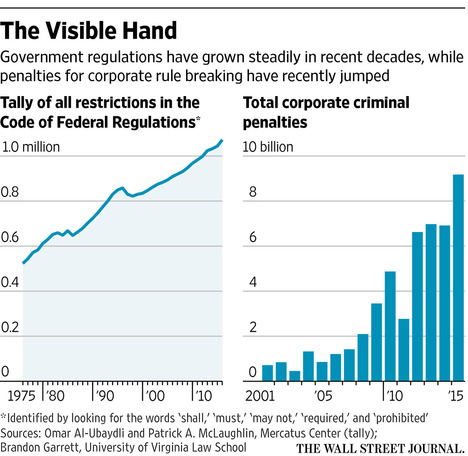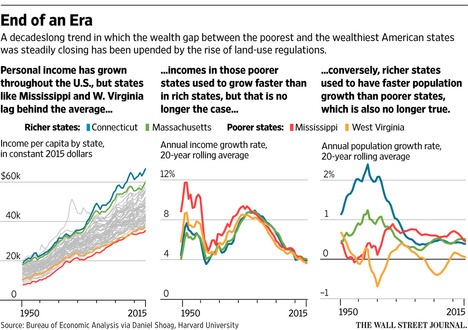(p. D1) Mr. Okada is an entrepreneur with a vision of creating the first trash collection company dedicated to cleaning up some of humanity’s hardest-to-reach rubbish: the spent rocket stages, inert satellites and other debris that have been collecting above Earth since Sputnik ushered in the space age. He launched Astroscale three years ago in the belief that national space agencies were dragging their feet in facing the problem, which could be tackled more quickly by a small private company motivated by profit.
“Let’s face it, waste management isn’t sexy enough for a space agency to convince taxpayers to allocate money,” said Mr. Okada, 43, who put Astroscale’s headquarters in start-up-friendly Singapore but is building its spacecraft in his native Japan, where he found more engineers. “My breakthrough is figuring out how to make this into a business.”
. . .
(p. D3) “The projects all smelled like government, not crisp or quick,” he said of conferences he attended to learn about other efforts. “I came from the start-up world where we think in days or weeks, not years.”
. . .
He also said that Astroscale would start by contracting with companies that will operate big satellite networks to remove their own malfunctioning satellites. He said that if a company has a thousand satellites, several are bound to fail. Astroscale will remove these, allowing the company to fill the gap in its network by replacing the failed unit with a functioning satellite.
“Our first targets won’t be random debris, but our clients’ own satellites,” he said. “We can build up to removing debris as we perfect our technology.”
For the full story, see:
MARTIN FACKLER. “Building a Garbage Truck for Space.” The New York Times (Tues., Nov. 29, 2016): D1 & D3.
(Note: the online version of the story has the date Nov. 28, 2016, and has the title “Space’s Trash Collector? A Japanese Entrepreneur Wants the Job.”)


